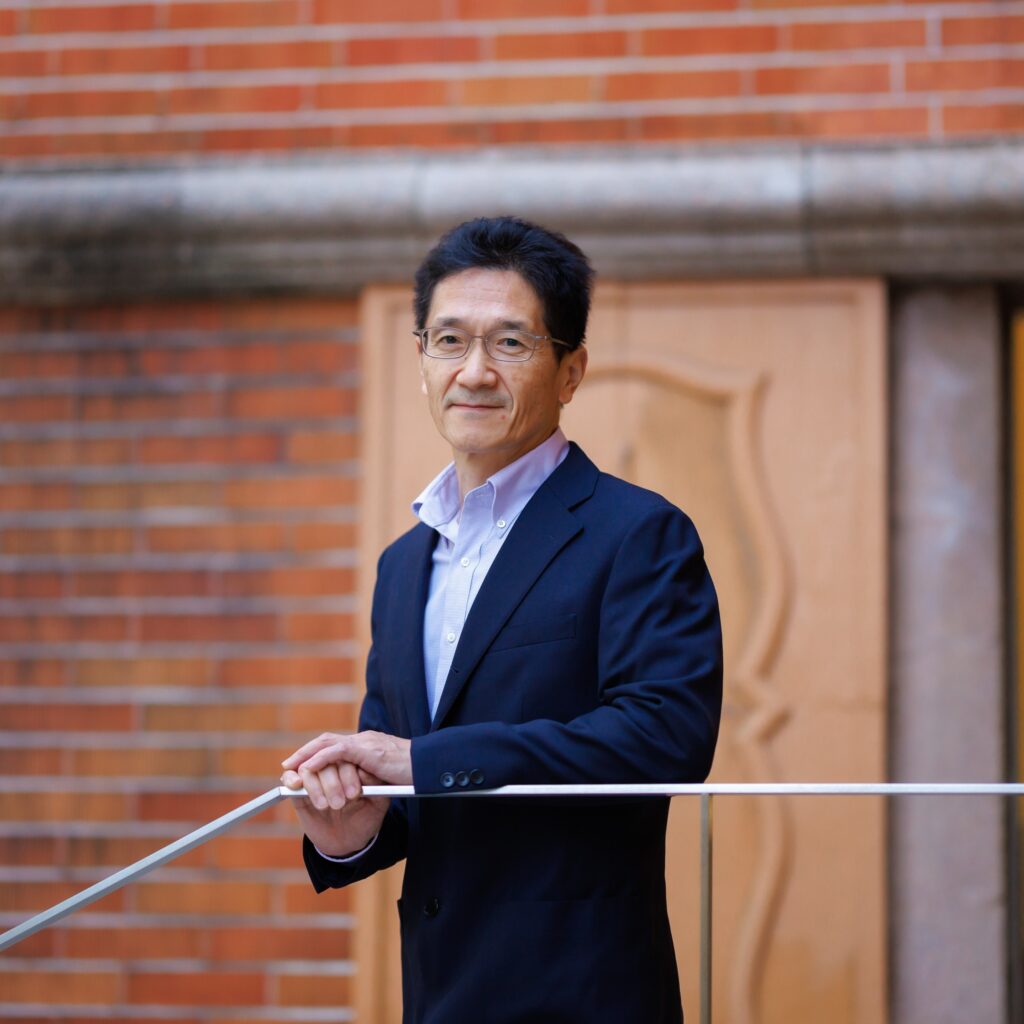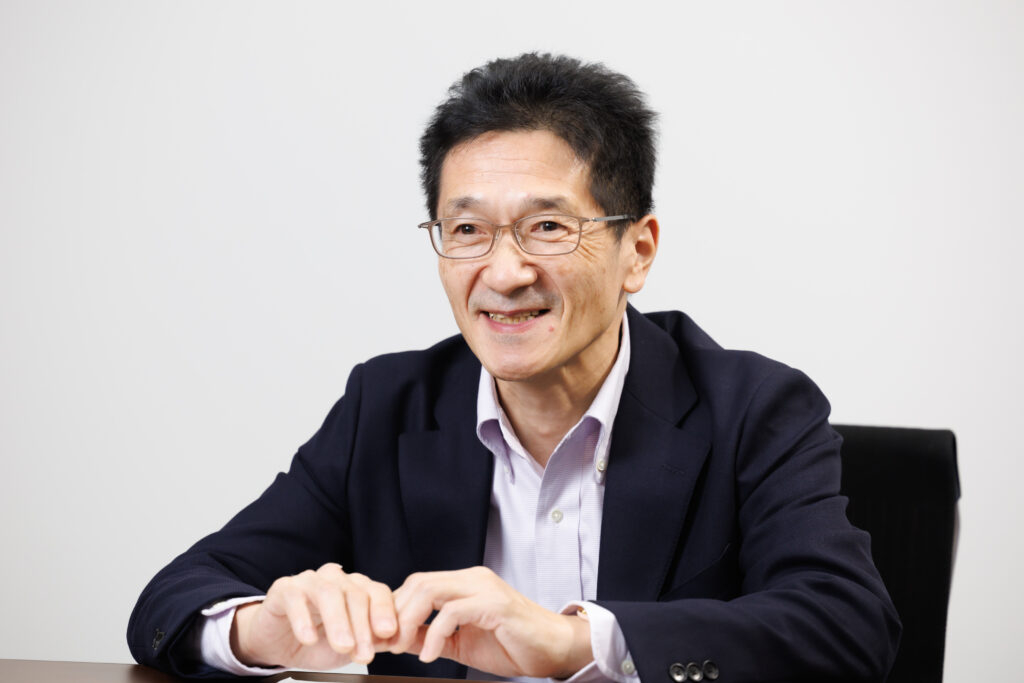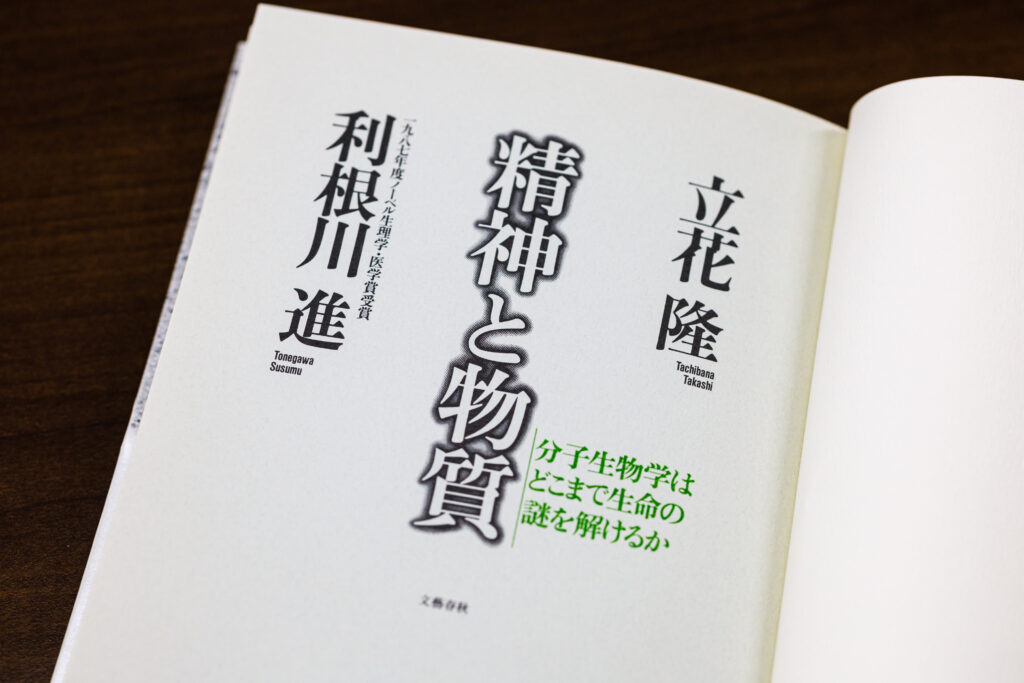
Faculty of Economics Professor Ken Aoki conducts research into human security as a global public good. Here, he comments on the significance of analyzing problems regarding human security, which aims to protect people’s lives and dignity, from an economic perspective rather than an international relations or international politics perspective.
Human security is the concept of aiming to protect the lives and dignity of all people from various types of threats, and to create societies that make this possible. In the past, the focus was people in conflict zones and developing countries. However, with an increase in cases where human dignity is threatened across national borders due to globalization, it has recently come to encompass people worldwide.
“Public good” is a term in economics that refers to items or services that large numbers of people are able to simultaneously use without paying for them. “Global public goods” are public goods whose benefits can be supplied and used across national borders. These include international monetary systems and free-trade systems, and in recent years, the mainstream view has come to be that they also include vaccines that prevent the spread of infectious diseases, and measures against environmental problems such as global warming.
Infectious diseases and environmental pollution are threats to human life, and thus benefits that ensure safety against such threats are believed to be included in the global public goods that all people should be able to enjoy across national borders.
Challenge of creating mechanisms that prevent undersupply of public goods

The significance of viewing the concept of human security from the perspective of global public goods is that it becomes possible to apply the methods of economics to solving problems that arise regarding human security.
For example, when the international community collaboratively supplies a vaccine as a measure against an infectious disease in low-income countries, if the decision on covering the expenses for this is left to each country, there will be some countries that receive the benefit from vaccine supply to low-income countries without covering the expense, or so-called free riders. Thus, it can be expected that a situation will arise in which the vaccine is undersupplied.
In the case of public goods that are only used domestically, it is possible for countries to solve problems under the leadership of their respective governments. However, in the case of global public goods, such as vaccines, since there is no world government for solving the free-rider problem, it is necessary to give incentives to individual countries for voluntarily engaging in supply activities, and think about policies for cooperating with each other in order to boost the overall supply quantity.
How can we build a mechanism where individual countries will take voluntarily action? In other words, finding a mechanism which encourages countries to be proactive, not standing on the sidelines assuming that they need to nothing because another country will. Answering this is the objective of my research.
Economics: area of study effective against various problems in world
In my research, I repeatedly carry out case analysis in which I analyze global public goods to date in terms of their characteristics, the systems under which they were supplied, and whether or not they were supplied successfully. At the same time, I apply methods of economics, such as game theory and the prisoner’s dilemma, as well as simulation techniques, to the cases.
Each time I carry out my research, I first set up a hypothesis under which I ask, “Will this problem be solved with this type of concept?”. This is not the type of research that progresses smoothly from the start, but it is the difficulty of this research that motivates me to continue it. The feeling of surprise and delight that I get from working hard and then arriving at the results that I had anticipated, is the same now as it was in my younger days.
Although economics is often viewed as an area of study for discussing business conditions, this is only one aspect of it. Economics is a profound area of study that can be applied to solving various problems in the world, and I hope to convey this fact through my research.
The book I recommend
“Seishin to Busshitsu“(Spirit and Substance)
by Takashi Tachibana and Susumu Tonegawa, Bungeishunju

This book is a compilation of interviews with Susumu Tonegawa, a molecular biologist who won the Nobel Prize in Physiology or Medicine. Tonegawa has an eccentric personality, and I am in awe of the ambition and passion that he has regarding his research. This book has greatly changed what I envision a “great scientist” to be.
-
Ken Aoki
- Professor
Department of Economics
Faculty of Economics
- Professor
-
Graduated from Department of Economics, Faculty of Humanities, Yamagata University. After receiving his M.S. in economics, completed coursework for Sophia University Graduate School of Economics Doctoral Program without receiving a doctoral degree. Served as Assistant at Faculty of Economics of Tokyo Metropolitan University, Postdoctoral Fellow at APARC of Stanford University, and Lecturer & Associate Professor at Faculty of Economics of Sophia University, before taking up current position in 2010.
- Department of Economics
Interviewed: October 2022